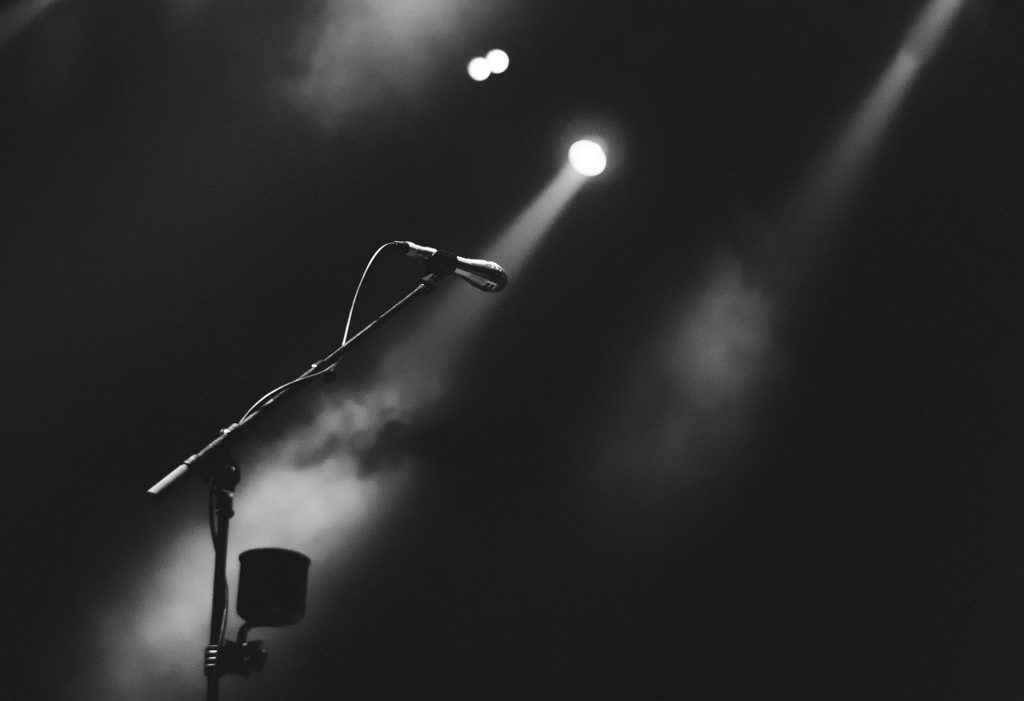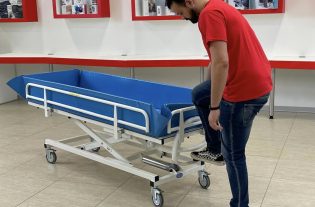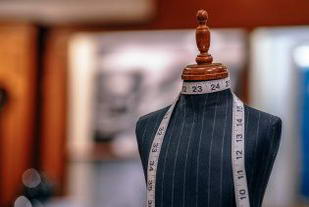Raise your hands those of you with some mobility impairment, if you have been to a concert or public event and everything went smoothly from start to finish.
I keep both hands tightly on my lap and pretend I’m not interested in the question. Every time I risk the idea of going to a concert, it’s an uphill struggle: from purchasing the tickets to getting access to the venue, the safety instructions and lastly enjoying the event independently.
It nearly always turns into an obstacle race and success is never guaranteed. It happened to me recently with the end-of-year concert of Subsonica in the main square of my town. Evening ruined: the so-called “safe” disabled area never let you enjoy the event together with others and, worse still, it didn’t allow you to see the reason why you bought a ticket.

There are still far too few musical events which provide adequate conditions in terms of information, architectural barriers and dedicated areas.
Attending a live show, and above all if it is a concert, is one of the most exhilarating social experiences we can have: sharing a passion for your favourite artist with other fans. Imagine not being able to go to a concert of your favourite group because there aren’t any seats, there’s no available information and no easy access door. This is what happens all too often when a disabled person wants to book a ticket for a live music event.
It’s really rare for an event to include a free ticket for personal assistants and we also notice that there’s an enormous lack in terms of accessible toilet facilities, removal of architectural barriers and provision of dedicated camps for camp festivals. Only the largest facilities have special parking, and hardly any location provides easy-access areas with seating and good visibility.
The UK association called “Attitude is Everything” has decided to do something about it and, together with some British Council representatives, it has prepared a free guide to accessible concerts: a precious manual for bands, artists and promoters which aims to make concerts and tours more accessible. The guide is an excellent instruction booklet to start along the path of inclusivity. It shows all the areas in the organisation of a concert that can be improved and also provides the practical tools for achieving enhanced accessibility, with advice on how to make all parties involved (bands, agents, promoters and venue managers) more aware of the barriers that the fans have to cope with.
10 THINGS TO DO WHEN ORGANISING A CONCERT
There are 10 pieces of advice aimed at promoters and organisers of live music events:
- Offer free tickets for personal assistants.
- Provide clear access information online in advance
- Invite people to contact you if they have any specific requests
- Set up a location with good viewing and with easily-accessed seating
- Request that no strobes are used and let people know
- Provide DIY captions using a laptop and TV
- If there’s an accessible toilet, check with the venue management that it is in working order
- Set up a quiet room if there is space available
- Encourage the reporting of any form of harassment
- Speak with the venue management to ensure that the bar service is accessible for people for whom a high counter might be an issue.
In Italy, it is a deeply-felt issue and requires attention and an effective solution so that we can stop having to endure what is, to all intents and purposes, a form of discrimination. There’s a wonderful project on facebook: “Sotto il palco anche io” [I’m below the stage, too] which gathers reports from users who suffer this sort of inequality. I hope that it will become an effective mouthpiece and help to find a solution to the problem in collaboration with all the relevant entities. Equal opportunities, Associations, event organisers need to start sitting round a table to design the future.
So I’m now bringing this collaboration to a close, on an imaginary stage expressing my thanks to Moretti for having me as their guest and to you for reading me. I’m closing the stage curtains, but please do your best to echo the soliloquies I’ve recited over the last 2 years. See you around.










